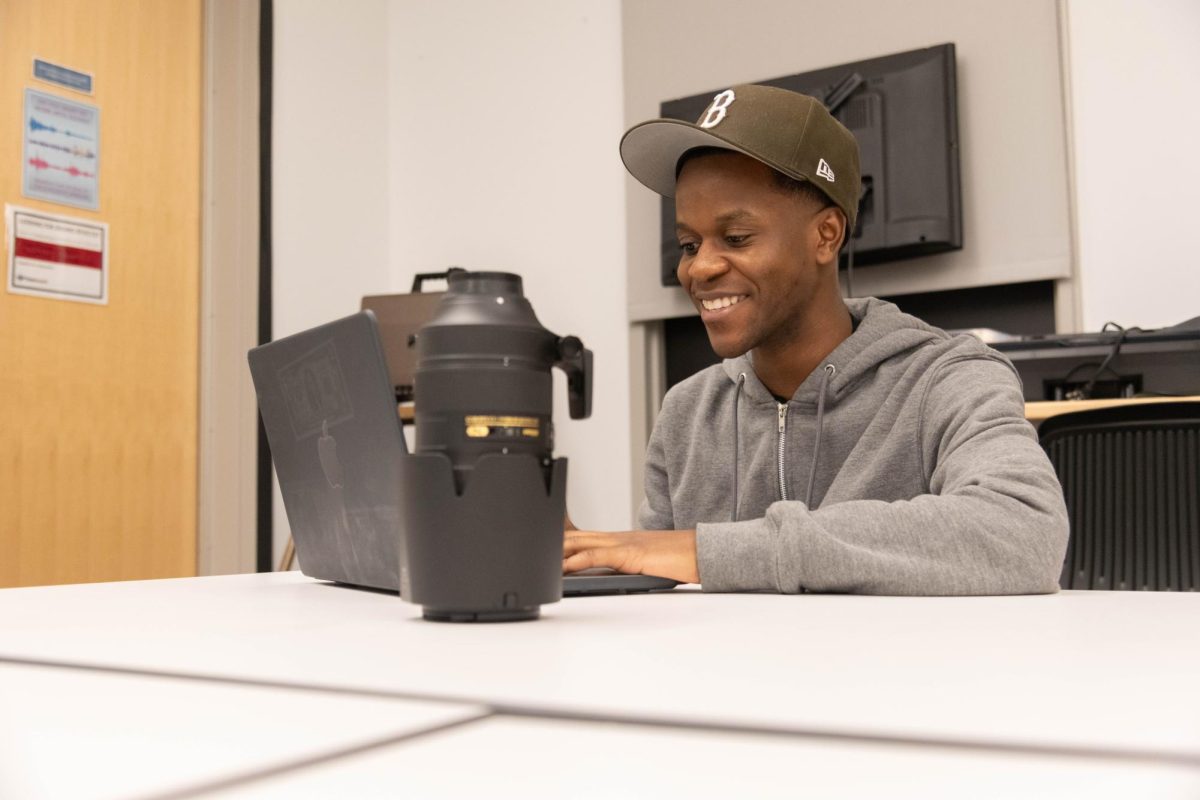There were a lot of factors that caused me to be fearful and cautious as I debated my career choices. As a Latina, one of those is diversity. Over the years, I realized this topic has taken mainstream media by storm. Companies are facing pressure from their audiences to be fair and inclusive, but are they doing enough to keep up this obligation?
I’m currently an English major, but this wasn’t the case when I first entered college. I originally majored in astrophysics. This tends to surprise people, since I went from such an intense field to English. For me, though, it was an easy choice. I’ve always been passionate about both space and physics, so this dramatic change in direction wasn’t because I thought the material was too difficult for me to comprehend, or because I thought English would be easier and more fun. The reason was inclusivity. After attending a lot of science conventions and team building exercises, I realized how alienated I felt in a field where I rarely saw anyone who looked like me.
Representation matters, and I do see many more Latinas and other women of color entering STEM fields now, which makes my heart so happy. But when I was first thinking of entering astrophysics, I realized that I wouldn’t feel as fulfilled as I hoped. The feeling of being too different from those around me, along with the misogyny and racism I experienced, drove me to switch my major to English in the hopes of becoming a screenwriter. My goal is to write stories about those who are often silenced by the commonly told narratives of America, whether it be the story of immigrants or of minorities that feel neglected and mistreated within their own societies.
As naïve as it may sound, I believe these stories and experiences can change the ways our country works. Even if it’s on a small scale, awareness is the enemy of ignorance; with awareness, discussion is possible, and that is necessary for change.
With the writers’ strikes that occurred recently, I decided to do some research on diversity in the world of screenwriting. This is when I came across the inclusion report conducted by the Writers Guild of America, and their statistics were shocking. They found that out of more than 2,000 employed screenwriters in 2019, only 7% were women of color. [1] Additionally, out of the 25 most successful screenwriters, only three were women, and all three were white. [2]
I will never diminish their success, as every single one of these 25 writers had movies that I have thoroughly enjoyed, and I recognize the talent that it took to write them. However, I will not ignore the fact that this industry clearly needs to be much more diverse. There are so many unique stories that women of color have, and they’re simply not being told enough. I’m not sure if this reason is due to underlying racial tensions within the industry themselves, or if maybe no movie has simply made its impact on society the same way “The Avengers” or “Harry Potter” has.
However, we can see the way audiences welcome fresh and captivating ideas from diverse writers, through movies like “Get Out” and “Orange is the New Black.” So many new movies and shows touch upon topics that are already commonly talked about in the media, but these movies clearly benefitted from having a new perspective. The impact that diverse writers, including women of color, can have in an industry that is made for storytelling is undeniable.
When switching from astrophysics into English with the hopes of entering a more “diverse” field, I realized that this desire for inclusivity is more common, among a much wider range of career fields, than I originally thought. This is why it’s so important to raise awareness and provide resources for people of color that want to enter these fields.
I often see resources in Boston that focus on increasing the amount of people of color in STEM fields. This is visible in UMass Boston’s PATHS program—Partners Aligned to Heighten Broad Participation in STEM. This is an amazing program, and it shows the desire for diversifying markets that often need different perspectives and backgrounds.
This type of representation is just as important in many other fields. I’m currently registered for Introduction to Screen and TV Writing, and I’ve only heard remarkable things about the professor, Ginger Lazarus. I’m excited to learn about her own perspectives as a woman in the field—this class is a good glimpse into how UMass Boston appreciates fresh approaches in an otherwise male-dominated industry.
Until then, I’ll continue to try advocating for stories told by woman of color that often go unheard and unappreciated. Our stories are valuable, and our society craves diverse perspectives. This was clear with the success of movies like “Barbie;” people want new stories being told that represent those who are often left out of the conversation.
I hope to be one of the writers in the fight for diversity, while also making sure that our common, yet silenced, stories are being broadcast to those who would want to hear them. Stories help us learn from each other, and they’re just as valuable as any other source of art. Storytelling allows empathy, and the thing this world needs most right now is empathy.
Sources:
[1] www.wga.org/uploadedfiles/the-guild/inclusion-and-equity/WGAW_Inclusion_Report_20.pdf
[2] https://screencraft.org/blog/top-25-most-successful-screenwriters-in-box-office-history/





















































